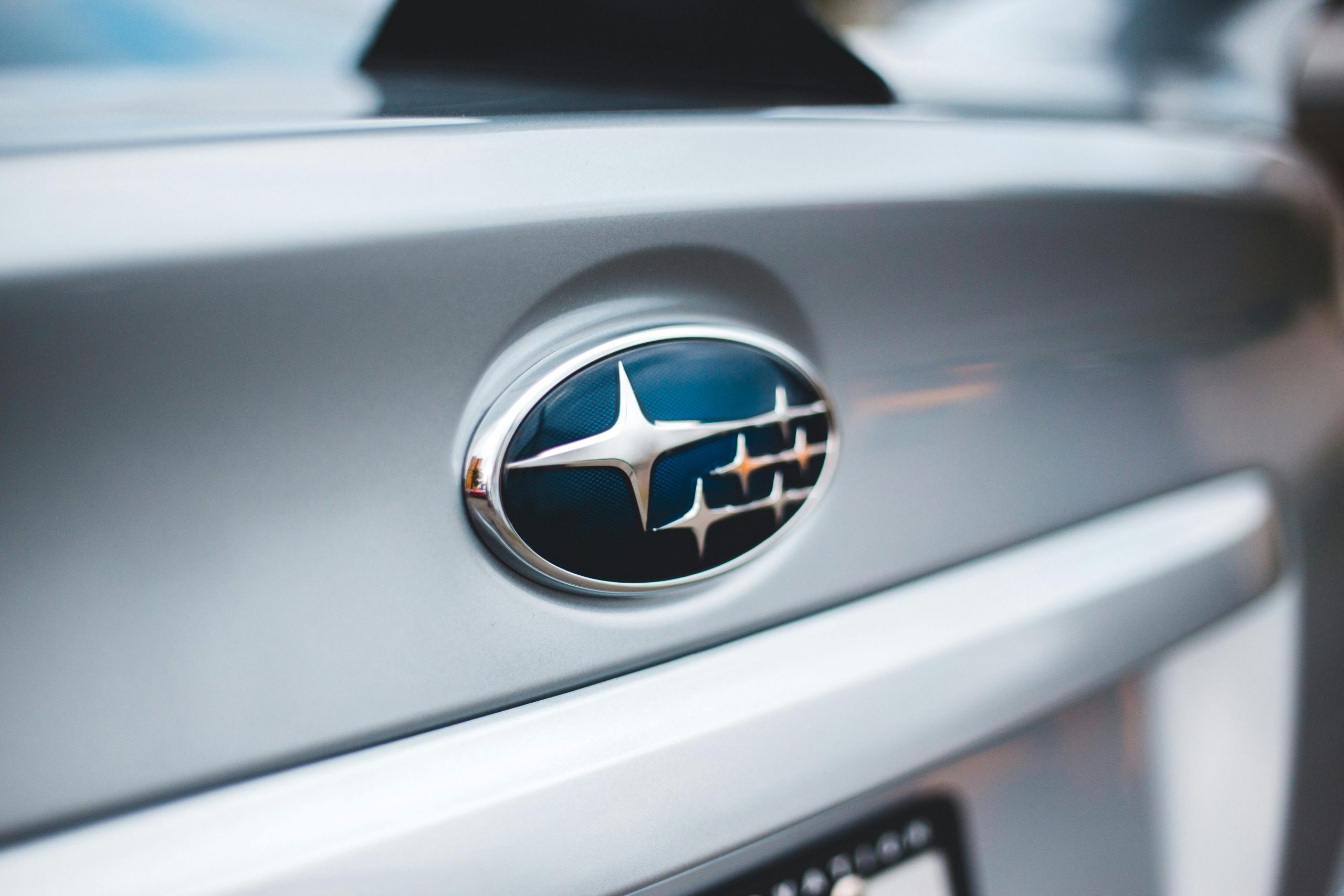

Subaru has built a solid reputation for reliability, safety, and all-wheel-drive performance, making it a favorite among outdoor lovers, commuters, and families alike. But once the excitement of buying a Subaru wears off, a practical question sets in: Are Subarus expensive to maintain?
If you’re considering buying a Subaru—or already own one—this article walks you through the pros and cons of Subaru maintenance costs so you can make an informed decision. We’ll break down what makes these vehicles affordable (or costly), what to expect over time, and whether the price of maintenance is worth it in the long run.
What Does Subaru Maintenance Actually Involve?
Before we get into costs, it’s helpful to understand what typical Subaru maintenance includes:
- Oil and filter changes (every 6,000–7,500 miles)
- Tire rotations
- Brake inspections and replacements
- Coolant and transmission fluid checks
- Timing belt/chain replacement (model dependent)
- Spark plug replacement
- All-wheel-drive system servicing
Because most Subaru models come with Symmetrical All-Wheel Drive, some components need more frequent attention compared to front-wheel-drive vehicles.
Pros: Why Subaru Maintenance Isn’t as Expensive as You Think
Let’s start with the positives. In many areas, Subarus are relatively affordable to maintain compared to luxury or performance brands. Here’s why:
Reliable Engines
Subaru’s boxer engines are designed for long life and can easily reach 200,000 miles or more with proper care. That means fewer engine-related repairs in the first few years of ownership.
Competitive Maintenance Costs
According to RepairPal, Subaru ranks 4 out of 32 car brands for reliability and averages $617 per year in maintenance costs. That’s slightly lower than the industry average for similar vehicles.
Widely Available Parts
Subarus are popular across the U.S. and parts are generally easy to find—especially for mainstream models like the Outback, Forester, and Impreza. This availability helps keep costs in check.
Strong Community and DIY Culture
Many Subaru owners are DIYers. Thanks to online forums, YouTube videos, and repair guides, basic maintenance (like changing oil or replacing spark plugs) can be done at home, reducing labor costs.
Cons: Where Subaru Maintenance Can Get Pricey
Of course, no vehicle is perfect. Here are the main reasons why some people find Subarus expensive to maintain:
Head Gasket Issues in Older Models
Older Subaru models (especially pre-2011 2.5L engines) were known for head gasket failures, a repair that can cost $1,500–$2,000 or more. While this issue has been addressed in newer models, it’s something to be aware of when buying used.
AWD System Maintenance
All-wheel-drive adds extra components—like differentials and transfer cases—that require periodic servicing. Neglecting them can lead to costly repairs.
CVT Transmission Repairs
Most modern Subarus come with a Continuously Variable Transmission (CVT) instead of a traditional automatic. CVTs offer smoother rides and better fuel economy but can be expensive to repair or replace if they fail. Regular fluid changes are a must, yet often skipped by owners.
Limited Independent Service Options
In smaller towns or rural areas, finding a shop familiar with Subarus—especially the boxer engine layout—can be difficult. This sometimes forces owners to stick with dealership service, which is usually more expensive.
Is Subaru Maintenance More Expensive Than Other Brands?
To put things into perspective, here’s a basic comparison of average annual maintenance costs from RepairPal:
| Brand | Average Annual Maintenance Cost |
| Subaru | $617 |
| Toyota | $441 |
| Honda | $428 |
| Ford | $775 |
| Volkswagen | $676 |
| BMW | $968 |
Subarus tend to sit in the middle range—more affordable than European brands but slightly costlier than Toyota or Honda.
How Long Do Subarus Typically Last?
One of the biggest reasons people buy Subarus is for their longevity. With regular maintenance, it’s not uncommon for Subarus to last well over 200,000 miles. That longevity means you may spend more on routine upkeep, but far less on vehicle replacement costs.
Proper maintenance = fewer surprises.
Tips to Keep Subaru Maintenance Costs Down
If you’re still on the fence about whether Subarus are expensive to maintain, here are a few ways to manage costs effectively:
- Stick to the schedule: Follow the maintenance schedule outlined in your owner’s manual.
- Change CVT fluid regularly: Don’t wait for problems—prevent them.
- Avoid neglecting AWD service: This includes checking differential and transfer case fluids.
- Use an independent Subaru specialist: You can often save money versus dealership pricing.
- Buy OEM or reputable aftermarket parts: Cheap parts = more frequent repairs.
- Handle simple tasks yourself: Oil changes, air filters, and spark plugs are easy DIYs.
Are Subarus Worth the Maintenance Costs?
If you value all-wheel-drive performance, long-term reliability, and great resale value, then yes—Subarus are worth maintaining. The slightly higher costs for things like AWD service or CVT maintenance are offset by the vehicle’s performance in tough weather, off-road ability, and overall lifespan.
Think of it this way: you’re not just paying for maintenance—you’re investing in keeping a capable, long-lasting vehicle running smoothly.
Final Verdict: Are Subarus Expensive to Maintain?
Yes and no. Subarus may cost a bit more to maintain than Toyota or Honda, but they’re far from the most expensive cars on the market. The added costs usually come from their all-wheel-drive systems and CVTs, not because they’re unreliable.
The bottom line:
- If you live in a region with snow, rain, or rugged terrain, the AWD performance of a Subaru makes a lot of sense—even if it comes with a slightly higher maintenance bill.
- If you want the lowest possible upkeep, a front-wheel-drive Toyota or Honda might be more budget-friendly.
But for those who appreciate capability, safety, and long-term value, a Subaru is a solid choice.

